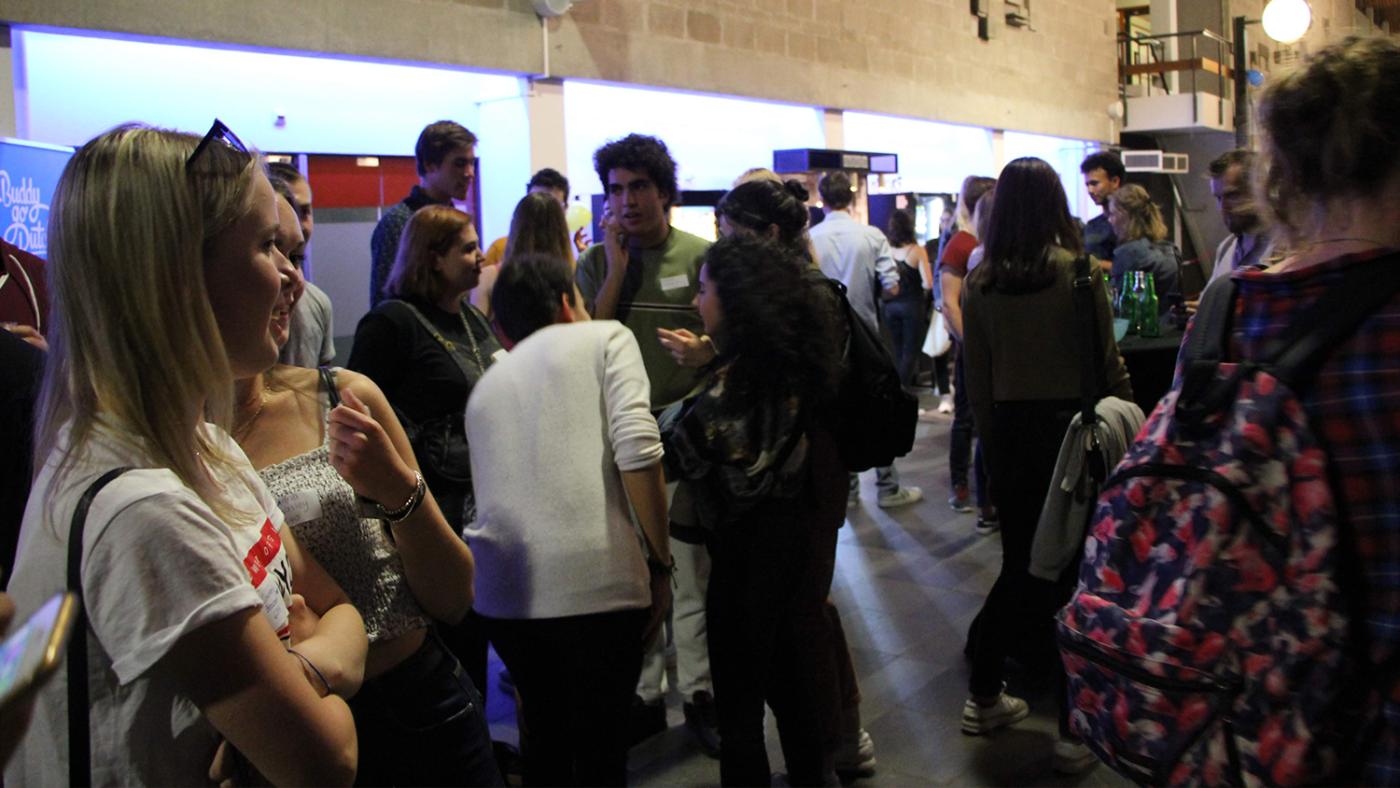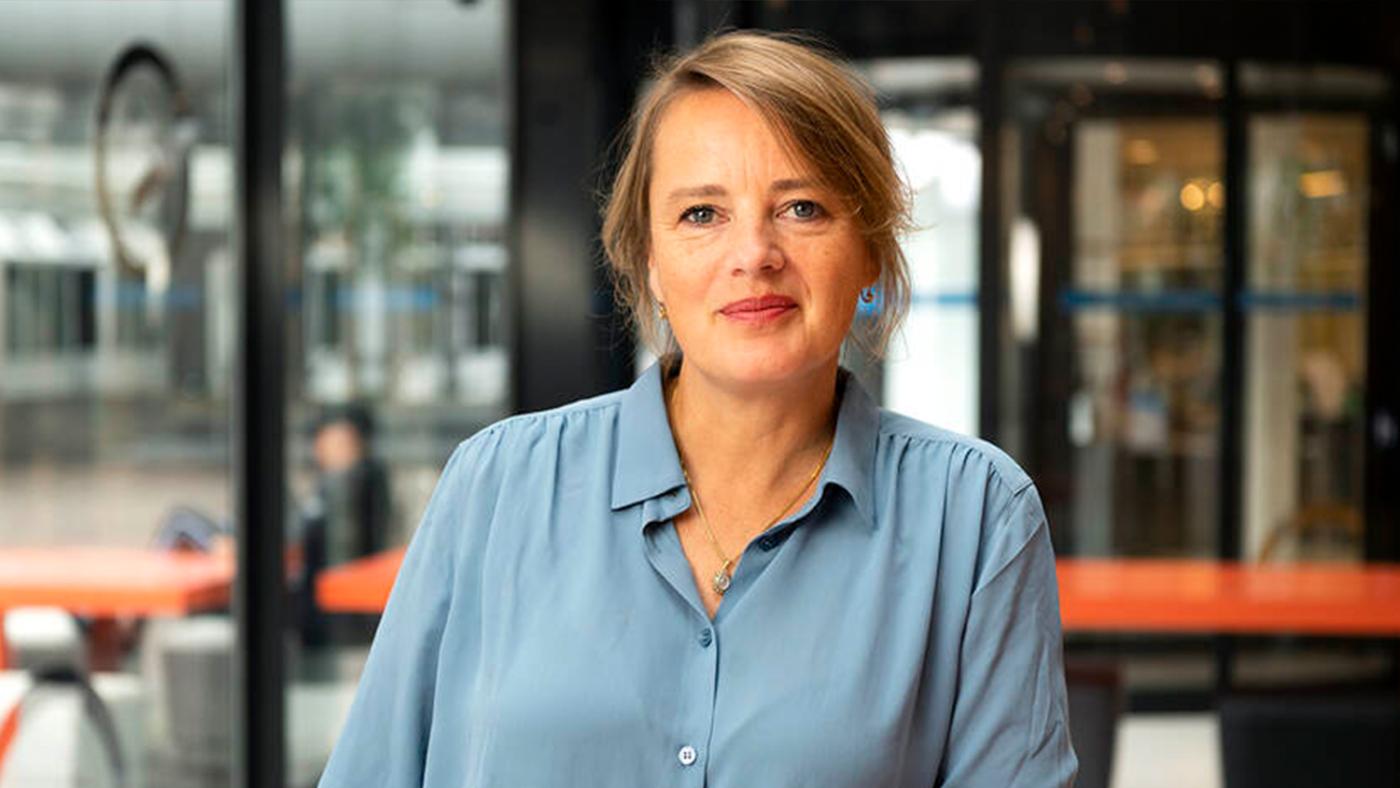Enrolment cap for English-taught tracks is the only idea they appreciate
Education Council: ‘Let’s take the internationalisation bill back to the drawing board’

Back in January, when critical MPs urged him to limit the influx of foreign students, Dijkgraaf said that he first had to wait for the Education Council’s advice.
Dijkgraaf, who is occupying the ministry in a caretaker position, has been working on a draft bill titled “Internationalisation in Balance” for two years. The bill aims to protect Dutch as an academic language and set up mechanisms to control the number of foreign students enrolled in English-taught tracks.
Substantiation
The Education Council published its recommendation today. In their view, the draft bill should be thought through because the consequences haven’t been researched properly and the proposal is not substantiated. Besides, there are other ways to reach the same goals.
There is only one thing about the bill the Education Council likes: the idea of establishing an enrolment cap (also known as numerus fixus in the Netherlands, Ed.) for English-taught programmes (or any track taught in a language other than Dutch). According to the Council, such a measure could improve the accessibility of higher education for Dutch-speaking students.
Political party VVD (centre-right) is in favour of that proposal as well. Last month, they even submitted an amendment to put that part of the proposal into law already. Dijkgraaf refused to do it, saying that an enrolment cap should be adopted alongside the rest of the measures and that he hadn’t submitted the bill yet.

Edith Hooge. Photo: Josje Deekens
Time pressure
The House of Representatives is expected to be sceptic about the advice to sleep on the bill. But “the precision of lawmaking should not suffer from time pressure”, notes Edith Hooge, Chair of the Education Council.
Politicians have been working on this bill for a long time. Can’t the cabinet implement part of it and then reconsider the rest?
“Our role is to offer advice and point out the risks posed by the draft bill. We will not say anything about the pace the minister must maintain. That’s a political matter.”
However, according to the recommendation published today by the Education Council, some things are going too fast. For example, Dijkgraaf wants to subject programmes currently taught in English to a test to verify if they have chosen the right language of instruction. The ones who have not must switch back to Dutch.
“We think that is disproportionate. The draft bill generates a great deal of uncertainty because no clear conditions have been drawn up in terms of what qualifies a programme to teach in a language other than Dutch.”
Surely, programmes could have been working on substantiating their choice of language of instruction for a long time. They were given over nine months to do so.
“According to the draft bill, educational institutions can self-manage. We too believe that they should be more accountable for the languages in which they teach, but the bill gives the minister the power to grant or not grant permission for programmes in other languages. That generates uncertainty and, in that case, nine months are not long enough. Imagine doing that to a technical programme in which half of the teachers come from abroad – switching back to Dutch just like that simply isn’t feasible. It leads to legal uncertainty.”
The Council suggests different types of funding for Dutch-taught and English-taught programmes.
“We could see if that would enable institutions to control the influx of foreign students.”
So, we need to have this complicated conversation about funding first, before discussing the bill?
“Currently, the funding model incentivises institutions to recruit many international students. If we want institutions to act differently, it would be nice to take a look at that. The measures chosen should be consistent with the law’s intention.”
Is it appropriate for the language of instruction to be defined by law?
“Language proficiency matters, in all programmes. That also goes for lecturers and researchers, who sometimes also need to be proficient in languages other than English, such as French or German. It is also good for international lecturers and researchers to achieve at least a basic level of Dutch in due time so that they can participate in society and be more involved with the academic community.”
Minister Dijkgraaf thanked the Education Council for the advice but hasn’t taken any action as of yet. But he hopes that the higher education sector will get to work soon. “I asked universities and universities of applied sciences to see what can already be done in addition to what is on the bill.” In doing so, he’s catering to the wishes of the House of Representatives.